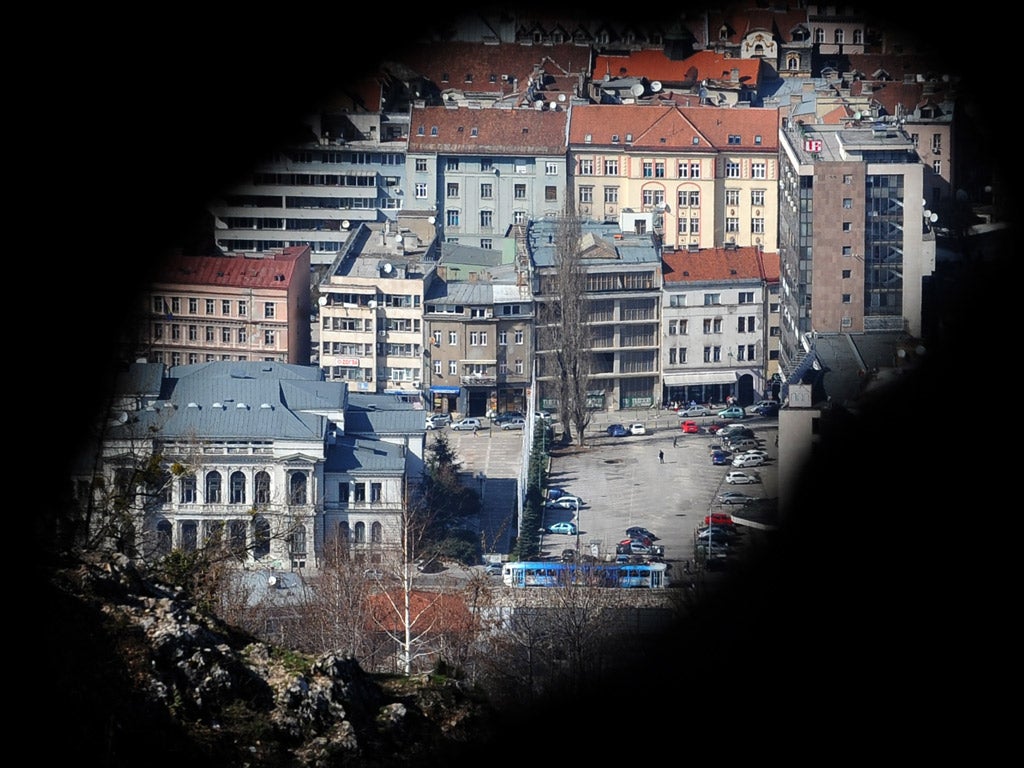Suffering goes on for 330,000 refugees of the Yugoslav war
Twenty years after the siege of Sarajevo began, thousands of survivors remain displaced

More than 330,000 people who were forced to flee their homes during the war in the former Yugoslavia are still classified as refugees or displaced, 20 years on from the start of one of the bloodiest episodes of the fighting, the Siege of Sarajevo
During the conflict from 1991 to 1995 which led to the break-up of Yugoslavia, some 200,000 were killed and an estimated 2.7 million made homeless – the greatest number in Europe since the Second World War.
Those who have not returned to their former homes are now a priority for the UN Refugee Agency, which has established a project to help the most vulnerable 74,000 displaced people. At conference in Geneva this week, the UNHCR's Melissa Fleming defined the issue as "one of the five priority protracted refugee situations worldwide".
Most who fled were able to return or settled locally, but as the Bosnian capital today marks the 20th anniversary of the four-year siege, many there still lack proper housing, regular income and access to healthcare and education. The UNHCR's senior officer in Bosnia, Scott Pohl, says 8,500 of the most of vulnerable – often elderly without support, single mothers or people suffering from disabilities – still live in one of the country's 150 "collective centres" or in substandard housing. "[The centres] were meant for temporary purposes and people have been living there now for up to 20 years," he said.
Governments in Bosnia, Croatia, Montenegro and Serbia recently signed a joint declaration to launch a regional programme for the remaining refugees. In cooperation with UNHCR and the EU, the national administrations will meet donors in Sarajevo at the end of this month to raise funds for a €584m, five-year Regional Housing Programme targeting the 74,000 "most vulnerable and needy".
"People will have a choice of durable solutions, either return or local integration. Either one of these choices could be realised through the regional housing programme, in any of the four countries, for anyone who is factually displaced, vulnerable and in need of housing," Mr Pohl said.
Even those at the heart of the programme acknowledge that housing is only one of the problems. Dorijan Klasnic, a UNHCR official in Zagreb, said that, in Croatia, "just housing is not enough for sustainable return... Social inclusion and access to employment remain a challenge".
A further challenge is the issue of relations between the new states, particularly Serbia and Croatia, Mr Pohl said. "That's why the [current] process focuses on needs, not rights."
Subscribe to Independent Premium to bookmark this article
Want to bookmark your favourite articles and stories to read or reference later? Start your Independent Premium subscription today.

Join our commenting forum
Join thought-provoking conversations, follow other Independent readers and see their replies